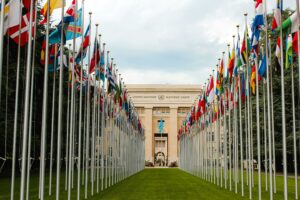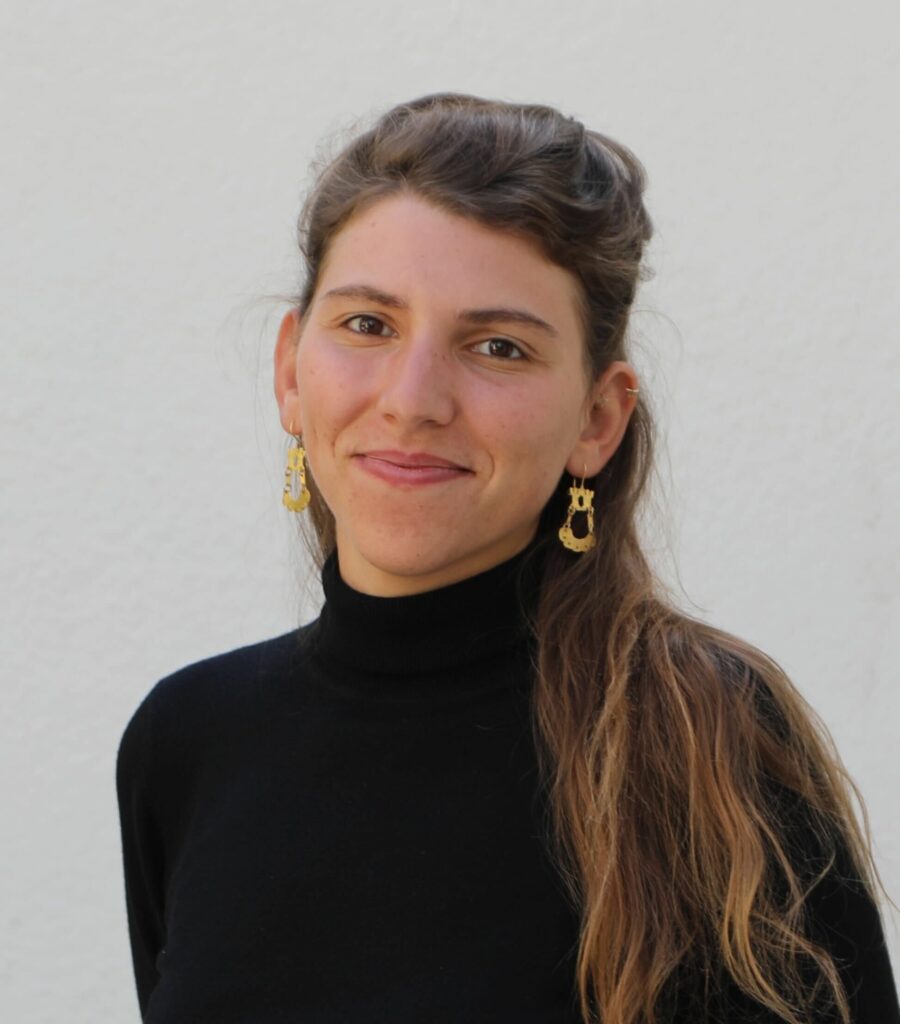GenSouth est une opportunité unique pour les jeunes professionnel·les actif·ves de think tanks issus des pays du Sud global de découvrir et de contribuer au cœur vibrant de la Genève internationale. Ce programme, porté par foraus, invite les participant·es à mener des discussions de fond et à partager leur perspective sur le système multilatéral universel. En offrant une plateforme de collaboration concrète, GenSouth vise à produire des idées politiques et recommandations utiles, servant de boussole pour le futur du multilatéralisme.

Contexte
Le développement de réponses collectives aux défis mondiaux requiert un multilatéralisme orienté vers des résultats concrets. Or, le multilatéralisme est aujourd’hui sous pression, et de nouveaux élans ainsi que des réformes sont nécessaires pour qu’il demeure pertinent et efficace.
Les pays du Sud global, bien que directement concernés par le fonctionnement actuel de l’ONU, constatent que leurs perspectives sur le multilatéralisme sont encore trop souvent ignorées au sein des forums internationaux – à l’exception notable du débat sur la réforme du Conseil de sécurité de l’ONU. Face à cette impasse t, la formulation d’autres recommandations politiques sont essentielles. Celles-ci doivent être ancrées dans les réalités du Sud global, s’appuyant sur des exemples concrets et des bonnes pratiques éprouvées. Ceci représenterait une contribution précieuse aux débats actuels sur l’avenir du multilatéralisme. Élaborée dans le cadre de la Genève internationale, une telle production permettrait également de réduire l’écart entre ces pays et le système multilatéral existant, servant ainsi les intérêts et les valeurs du multilatéralisme.
Description du projet
GenSouth est un programme annuel réunissant une quinzaine de jeunes chercheur·se·s et professionnel·les, issu·e·s de think tanks du Sud global, âgé·e·s de 20 à 35 ans, afin de réfléchir collectivement au multilatéralisme de demain. Les échanges présentiels sont organisés à Genève par le foraus, permettant ainsi de connecter les différent·e·s participant·e·s aux divers acteurs locaux et internationaux.
Le programme poursuit trois objectifs :
1. Mettre en réseau des penseurs et penseuses émergent·e·s, établir des liens de confiance et encourager la création de réseaux durables ;
2. Offrir un espace de réflexion pour formuler des propositions concrètes pour un multilatéralisme d’avenir, portées par des voix souvent sous-représentées ou ignorées dans les débats internationaux ;
3. Créer de nouvelles opportunités de partenariat entre des expert·e·s moins audibles et les parties prenantes de la Genève internationale.
Les échanges aboutiront à la rédaction collective d’un Project Brief contenant des propositions et recommandations politiques concrètes, rédigées par les participant·e·s. Ce document défend une approche du multilatéralisme ancrée dans les perspectives du Sud global. Sa publication et diffusion sont prévues dans les trois à quatre mois suivant la fin de la nouvelle édition.



